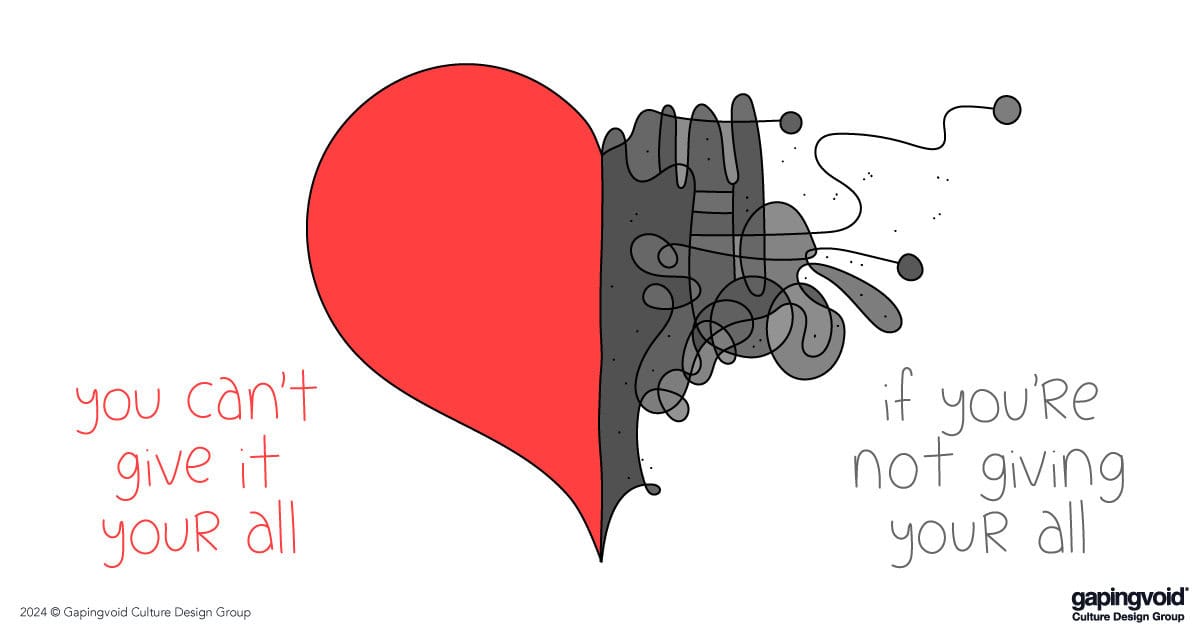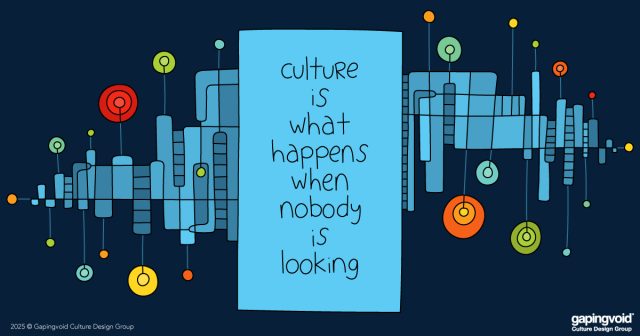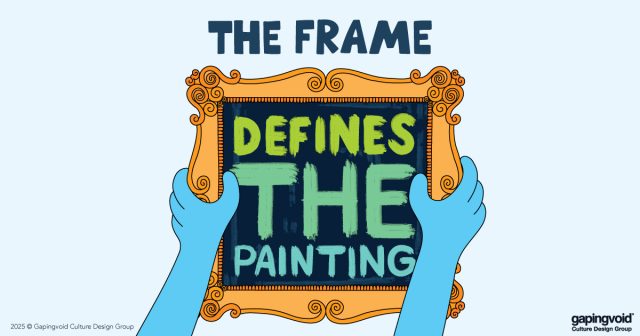
There’s the immutable law of business: whenever a new way of working comes long, albeit from tech or social change, people will try to game it.
So be it with remote working.
Over on Business Insider, a Barcelona-based CEO tells the story of firing a Peru-based remote worker, after catching him via desktop tracking software working a second full-time job without telling anyone.
The Internet is awash with it. Do a quick search and you’ll find websites springing up all over the place, coaching people on how to do it.
Not to single them out, but Business Insider did another story about what everyone is calling “Overemployment,” where they interview another Californian “double-dipper” who had made “over $1 million in 2022, which allowed him to travel and send his kids to private school,” giving other overemployed workers his best tips about how best to get away with it.
“Over the past year, Business Insider has interviewed more than a dozen job jugglers who’ve used their six-figure incomes to pay off debt, save for retirement, afford expensive vacations and weight-loss drugs.”
In other words, commercial publishers have been making money publishing articles teaching other people how to steal from their employers. Let’s hope it doesn’t happen to them.
While we think taking home a paycheck under false pretenses is shoddy at best and at worst, a form of theft, it signals a greater problem at a macro-cultural level, both for the company and for the business world.
Not to condone it, but would an employee be double dipping if they found their job meaningful to begin with? If their leadership created an environment where they felt like they were a valuable part of a team on an inspiring mission?
Our guess is that if we start work every morning excited for what the day ahead holds, proud of the products and services we’re creating, and ready to engage meaningfully with our colleagues, we’d want MORE of that, not less.
It’s on all of us to create that. Overemployment hurts everyone.
Sure, two paychecks may be appealing to a lot of us, but is it really worth what we lose in the process? Not only does it undermine trust and erode our work relationships (the main thing holding companies and society together), it sells ourselves short.
As Cicero said, “Whatever you do, do it with all your might.” Or better yet, as the fictional Ron Swanson said from the show, Parks and Recreation, “Don’t half-ass anything. Whatever you do, use your whole ass.”



